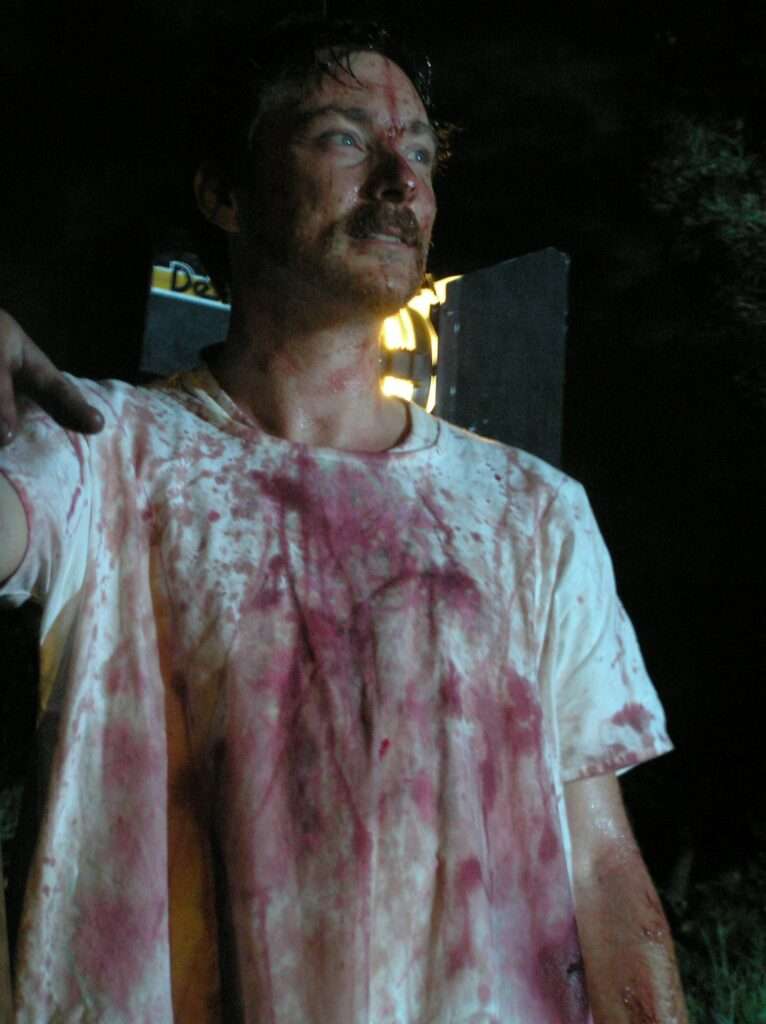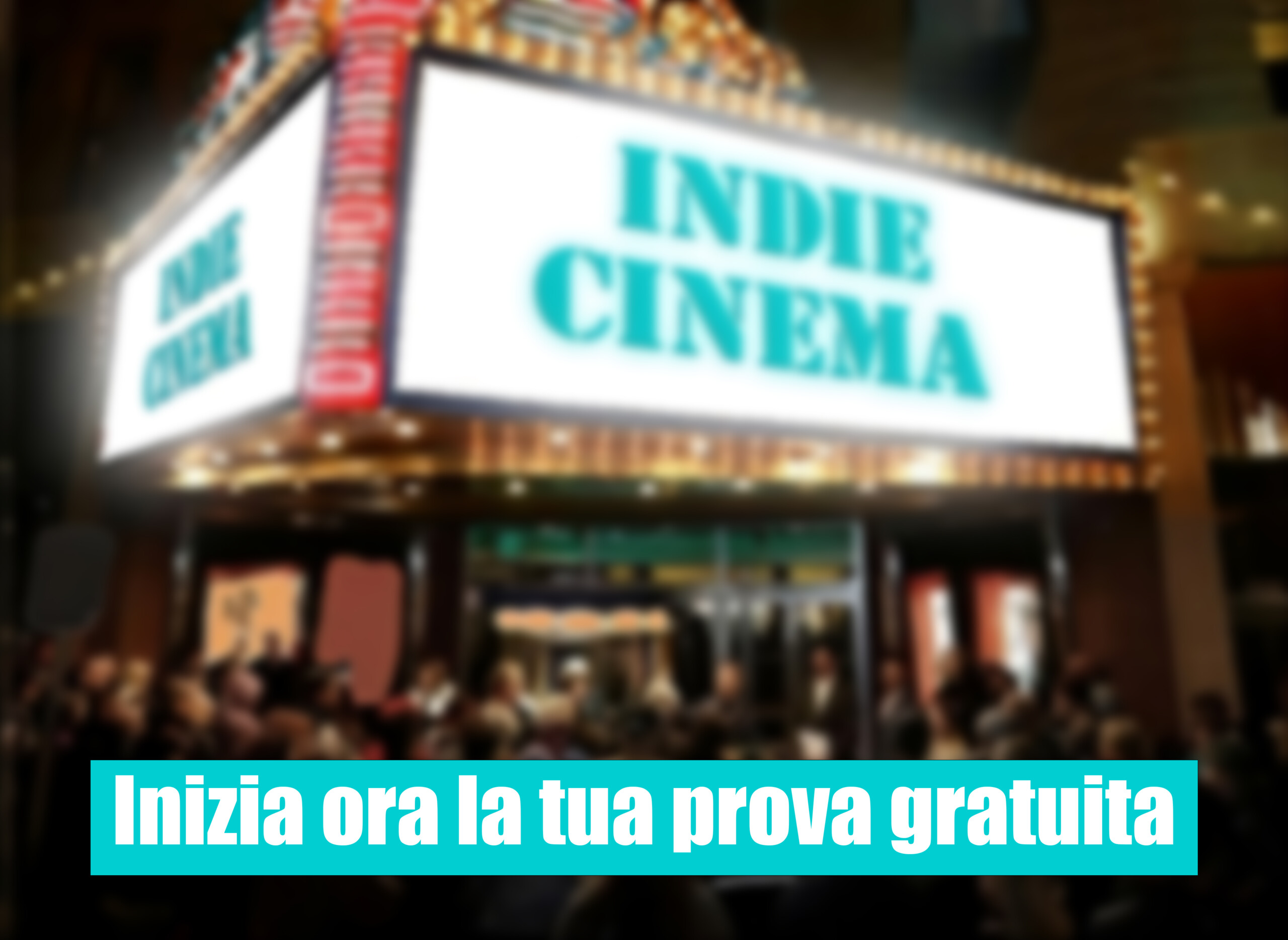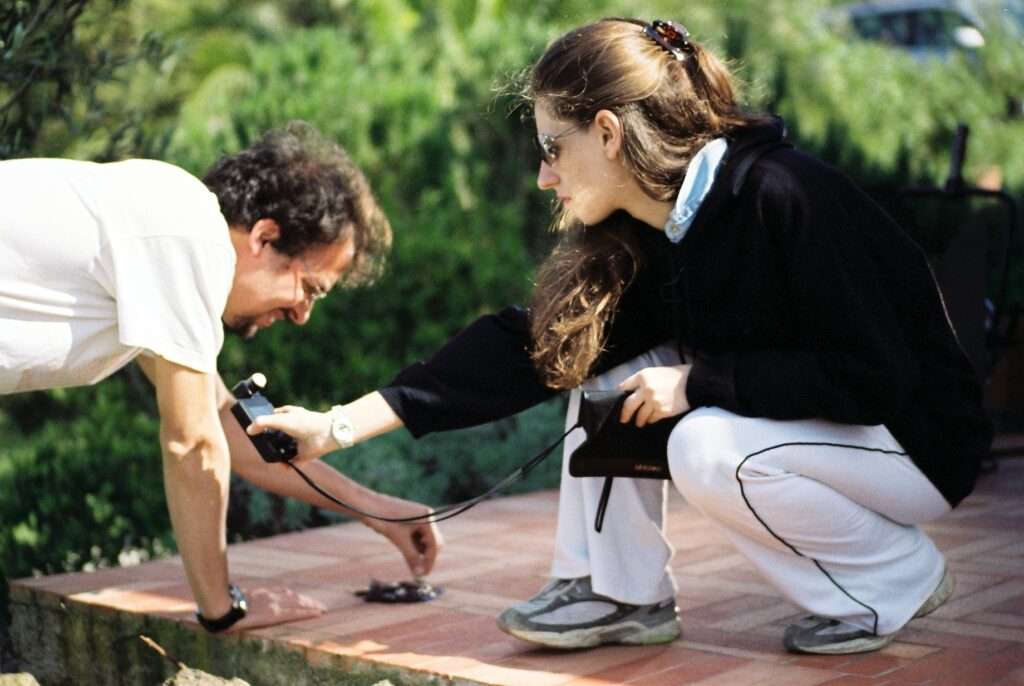
Our pleasant chat with the author of “Il Metodo Orfeo”, winner of the second edition of Indiecinema Film Festival
A bet won. Resurrecting after years of hibernation a title like Il Metodo Orfeo, an underground thriller that had attracted so much interest in Italy about a decade ago, was almost a duty for the staff of Indiecinema. But further satisfactions came from the Jury of experts headed by M. Deborah Farina and composed together with her by Alessio Gradogna, Lucilla Colonna, Elio Crifò and Elisabetta Cavallotti, a highly qualified technical jury which was keen to award Filippo Sozzi‘s movie as Best Fiction Feature Film of the second edition of the festival, with the following Motivation: “For having retraced the yellow-thriller genre with originality in an important independent production context, bringing the topos of the genre back on stage, with mastery and creativity“.
The first repeat of the film will take place on Wednesday 3 May at the Circolo ARCI Arcobaleno in Rome, around 9 pm, but in the meantime we had managed to contact the winner of this second edition of the Indiecinema Film Festival, Mr. Filippo Sozzi, to recall this unique experience on set with him!
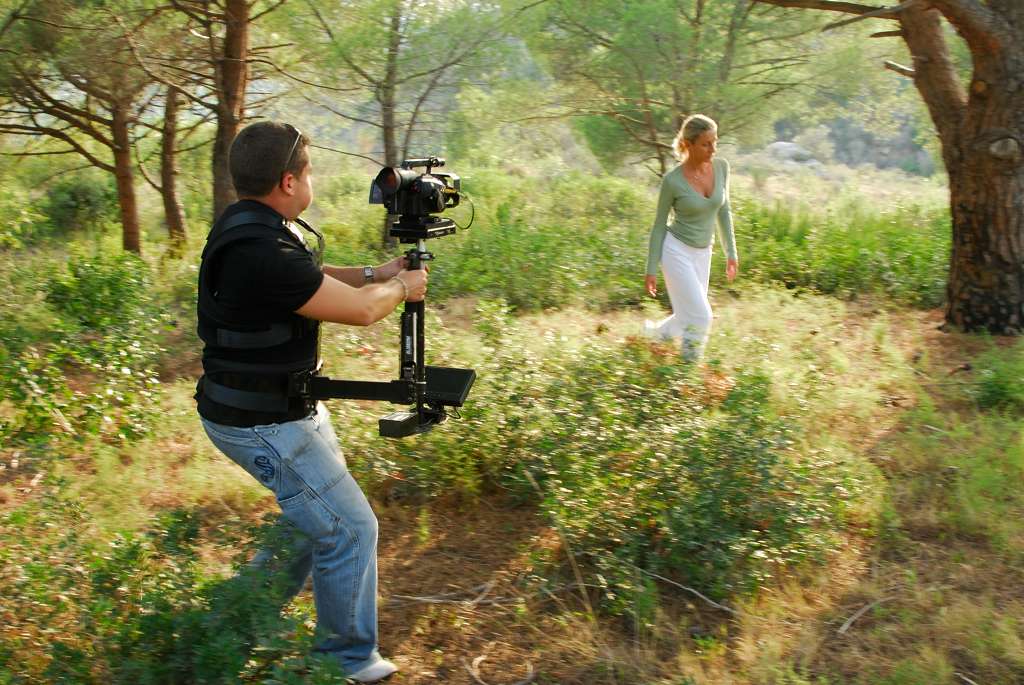
A set to be discovered
It’s a story from several years ago now, but we really like hearing it repeated: how did the idea of shooting a film like Il Metodo Orfeo come about, in such particular locations, taking up a “genre track” but also there in a rather original way?
Since I was a child I wrote screenplays or cinematographic subjects, mostly horror, inspired or copied from the films I saw on the first vhs videotapes.
Finally over thirty, around 2016 I decided, supported by my partner Sabrina and my cousin Alessandro, to move from theory to facts. I bought a digital camera, I studied a bit of film theory and technique (the book “Rebel without a crew” by Robert Rodriguez is very useful and inspiring) and we started working on the script for Il Metodo Orfeo. The somewhat particular location, I mean the Elba Island, was born from the fact that my father lives there in a beautiful country house. So we started from there, writing a horror story set in the places I knew and had available (Elba Island and the family country house).
There is a decidedly articulated “storytelling” in the film: how did you work on the screenplay?
The screenplay was written by me, together with my partner Sabrina Sappa and my cousin Alessandro Gentini. We worked in a somewhat unusual way. We didn’t have a precise subject, if not some basic idea inspired by various classics of the genre: isolated house, a writer who goes there in search of inspiration, ancient facts or legends that took place in those places, the psychiatric hospital…. We started writing without knowing exactly where we would arrive, the story came out as we proceeded in writing the pages. Moreover, my cousin (born in Elba) lived in Pisa. We’d email each other the script and take turns adding bits and pieces. Sabrina, who is a psychologist, intervened above all in the dialogues trying, as far as possible, to make them credible and plausible.
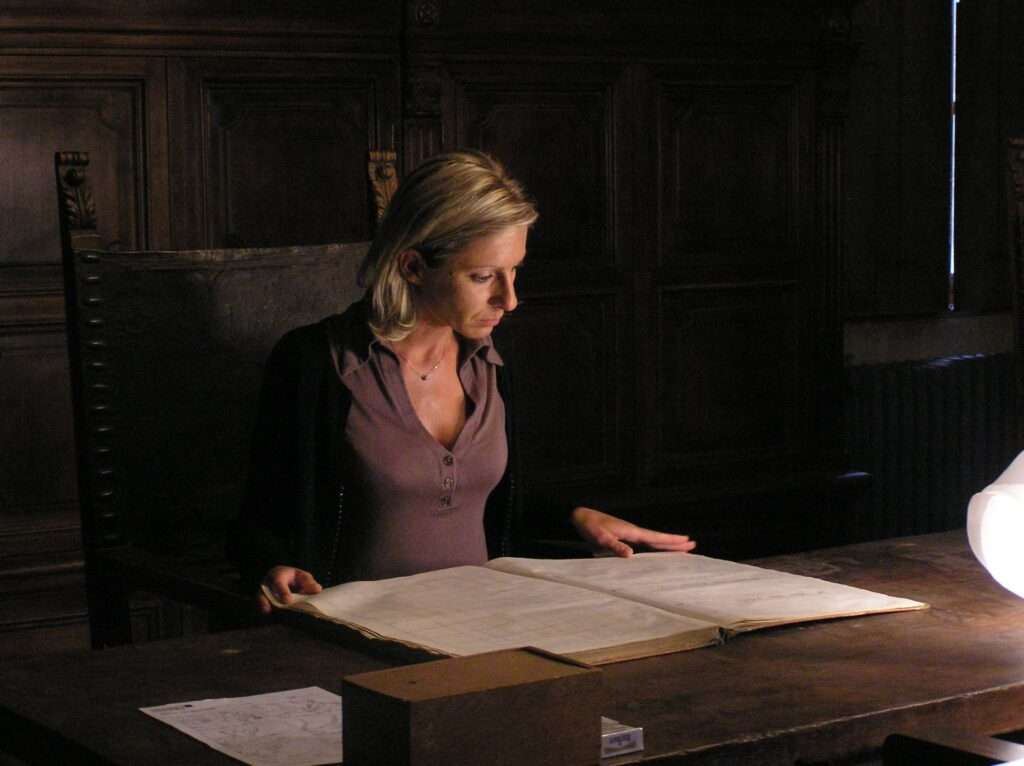
Love for genre movies
As film critics and therefore as “privileged spectators” of what arrives on the big screen, especially genre productions, we had already appreciated at the time both the in itself unusual choice of setting a dark cinematic story in a “holiday” setting , so sunny, and certain references to the J-Horror so popular, especially at the time. So what were your main sources of inspiration? And the most popular film models?
However, we immediately liked the idea of a Mediterranean horror, set in a provincial area, with many characters with a regional accent. This aspect of the provincial setting can obviously immediately recall La casa dalle finestre che ridono by Pupi Avati, one of my favorite Italian horror films and which struck and frightened me a lot since I was a child.
The sources of inspiration have been many and range from so-called B-movies to more artistically noble works. Some shots or ideas used in the film recall many classics. The writer who goes to a cursed isolated place immediately brings back to Shining. The isolated house and some shots come from La Casa by Sam Raimi. Little Girls in the Woods Running Away is an homage to Picnic at Hanging Rock. Then certainly there are the Japanese horror films (Ring and Ju-On, just to mention the best known ones that have produced US remakes), which have always struck me for their ability to scare without showing almost anything. They often focus on ghosts, mostly female, dressed in white, the Yūrei, who are unable to leave the world of the living and reach the afterlife in peace, kept on earth by the desire for revenge. I would say that the connections to Il Metodo Orfeo are obvious
Then, Filippo, who are the interpreters you have called to share this adventure?
Friends, relatives, professional and semi-professional actors appear in the film.
The protagonists are Cecilia Nesti and Riccardo Traverso, both with theatrical or short film experience behind them. Alberto Bergamini, a well-known Genoese theater actor, plays a bizarre parapsychologist in a part that I think is very successful. The psychopathic director Joe Porn is played by Andrea Fiorentini, a very good actor from the Theater Research and Experimentation Theater of Pontedera. Chiara Pavoni also appears in the film, a well-known Roman actress who is quite famous in the independent horror sector, who gave us a beautiful cameo. Sabrina Sappa, as well as a screenwriter, played the psychologist, basically herself, since she does her job. Giovanna Gandus plays the ghost girl, while Giampaolo Campanella appears in the role of a priest who solves the mystery at the basis of the film. I am also very pleased to remember my grandmother Tiziana Tovoli, who appears in a small scene. I too allowed myself a small cameo: I appear in a photograph in the role of Doctor Kapoupillos, a mysterious but very important figure in the general plot of the film, who is often mentioned by the protagonists.
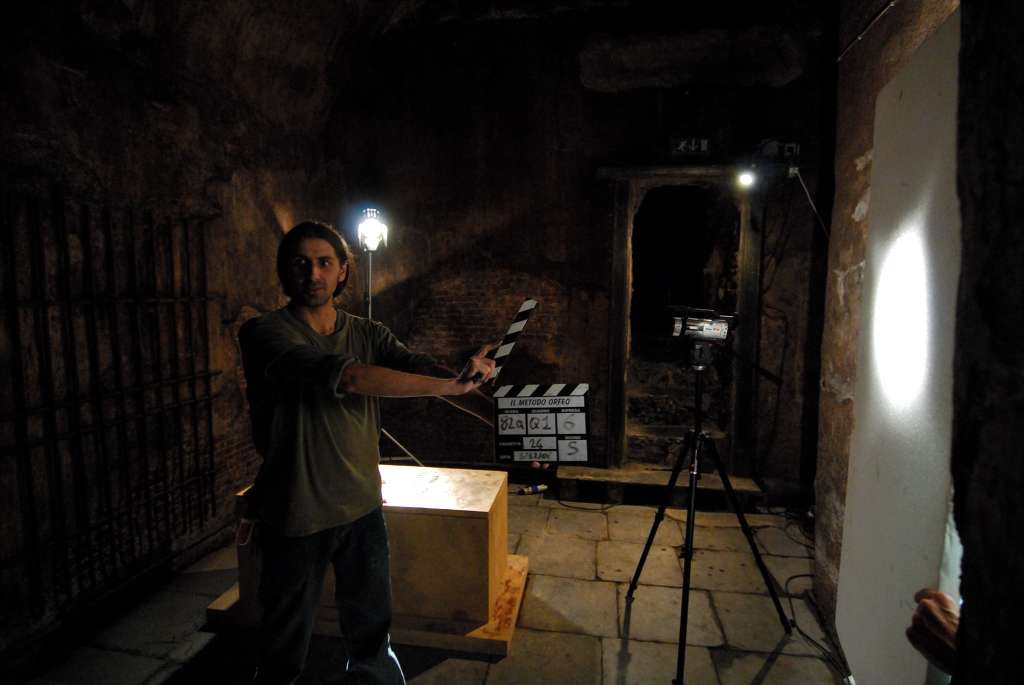
Reception in festivals and new projects
At the time Il Metodo Orfeo circulated in various film festivals, genre and non-genre, in Liguria and outside the region, generally receiving flattering comments. It also happened in Rome where you were invited to the DAMS festival in Rome 3, therefore even in an “academic context”. What do you remember of this little tour and more generally of the reception received by the film?
In general, the reception was very good and the film participated in various festivals and was screened in some cinemas. A few years have already passed, perhaps I am forgetting some, however, in addition to the DAMS in Rome 3 you mentioned, I am pleased to remember the premiere of the film, which took place at the Genoa Film Festival. I remember a lot of people, many friends but also enthusiasts who came on purpose. There were so many people that the organizers hastily staged another simultaneous screening in a second hall, as not everyone could fit in the main one.
I remember with great pleasure the Kimera film Festival in Campobasso, where the film was presented in competition and won the prize for Best Director.
The Pesaro Horror Fest was also a good experience. Here I remember a negative comment from a spectator, but I was very amused. Evidently bored by the film, he said, or perhaps wrote in some review, that the right title should have been “The Morpheus Method.
We would have expected something new very soon after Il Metodo Orfeo. Instead we were left dry. Why, Filippo, did you not return to the set for some similar project? So how do you see the situation for those who want to make independent cinema in Italy today?
As soon as I finished the film and the festival and cinema tour, I started writing a script for a science fiction film. But the months flew by and soon became years. That script is still there in a drawer, unfinished. However, the project was a little too ambitious for an independent, totally self-financed production like Il Metodo Orfeo. But the desire to go back to a set is always there. I do not exclude that, reinvigorated by this participation in the Indiecinema Film Festival, I could go back to making a mystery-horror. For a while I’ve been mulling over a story set in a mountain village in the Maritime Alps of lower Piemonte…
For those who want to make independent cinema today, I certainly don’t have any advice to give. Surely the new digital cameras in HD or 4K allow an image quality with relatively low costs that I believe can facilitate the making of an independent film. The problem then will be to distribute it or make it run in festivals. I know that many festivals have great difficulties because funding is scarce and certainly the period of COVID has not helped.
On the other hand, there are many platforms for streaming viewing and I believe this could instead be a very useful channel for giving visibility to films.
A vision curated by a filmmaker, not an algorithm
In this video I explain our vision
